A podcast
for those in the industry—from film, to TV, to production finance.


Featured Episodes
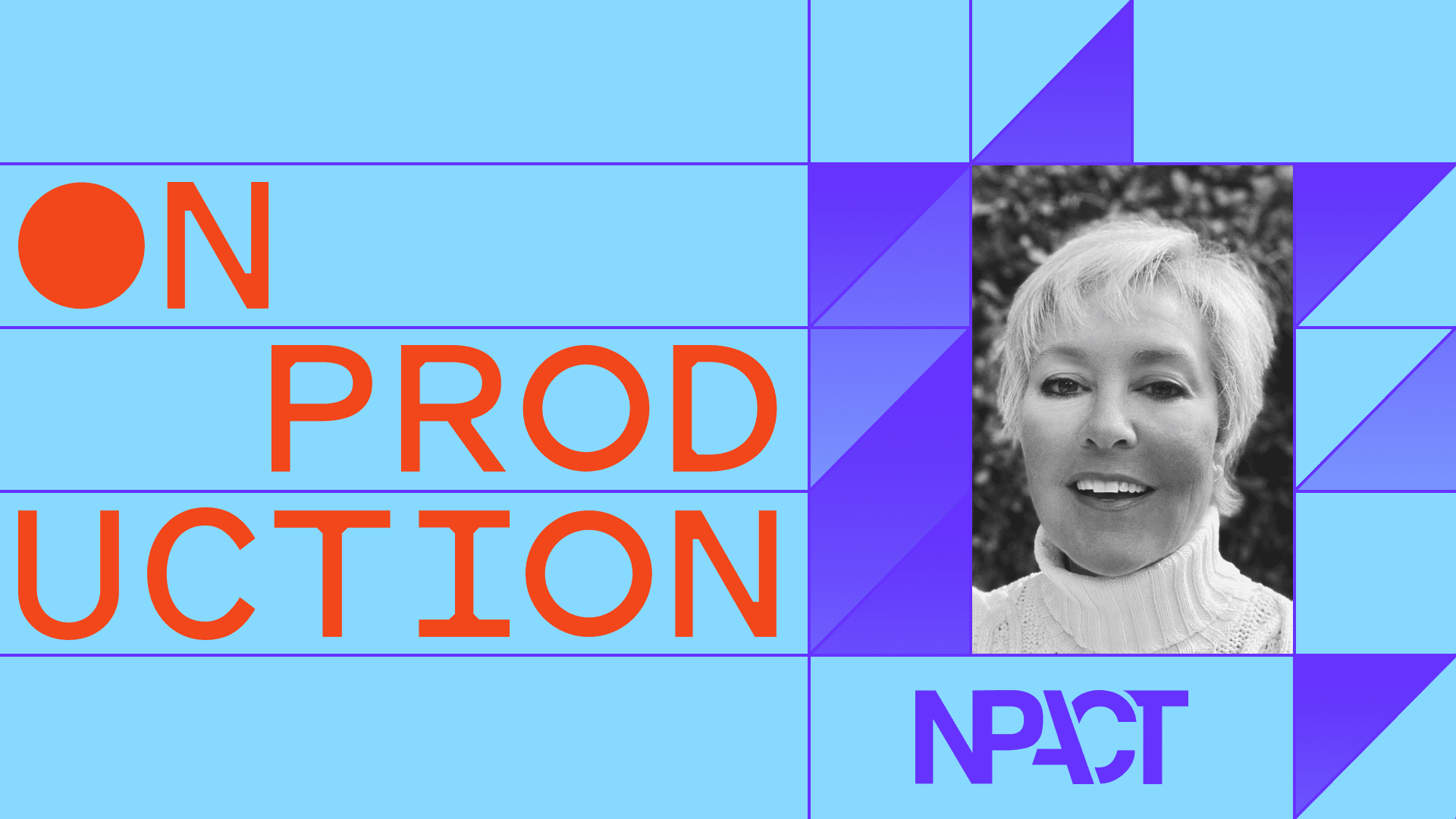
The New Reality of Reality Television with Michelle Van Kempen
We sit down with television producer and NPACT General Manager Michelle Van Kempen, whose career has helped shape the unscripted landscape for nearly three decades. As an executive at FilmGarden Entertainment, Michelle oversaw more than 2,000 episodes of television, developing and producing series for major networks while learning firsthand how to run unscripted shows at scale.
Now, through her work at NPACT and as founder of Women in Nonfiction, Michelle supports the production companies and professionals behind much of the U.S.'s unscripted content. In this conversation, she shares what it takes to keep shows on time and on budget, how to lead production teams with flexibility and foresight, and why the producer’s role is often about planning for spontaneity. She also reflects on the evolution of the unscripted business model—from a commission-heavy era to today’s shifting mix of buyouts, co-productions, brand partnerships, and short-form experimentation.
Whether you’re running shows, pitching buyers, or trying to build a long-term career in nonfiction, this episode offers a look at the challenges and opportunities of producing in a fast-moving, post-streaming world.

Why Film Editing Is Emotional Work with Viridiana Lieberman
We sit down with Viridiana Lieberman, an award-winning editor and director behind some of the most acclaimed nonfiction films and series of the past decade. Her work includes The Sentence, Call Center Blues, and most recently The Perfect Neighbor—Oscar nominee for Best Documentary Feature Film, as well as winner of the US Documentary Directing Award at Sundance 2025 and the Critics Choice Documentary Award for Best Editing. With a style marked by precision, restraint, and emotional clarity, Lieberman’s projects consistently push the boundaries of what a documentary can be.
In this conversation, Viridiana shares how she approaches the craft of editing not just as a technician, but as a storyteller and partner in the filmmaking process. She reflects on her years-long creative collaboration with director Geeta Gandbhir, the unique editorial challenges behind The Perfect Neighbor, and why she believes documentaries can feel as cinematic as narrative film. We also talk about the editorial mindset she brings to directing her own work, including her debut feature Born to Play, and how that perspective shapes how she receives footage from other teams.
Throughout the episode, Lieberman opens up about how nonfiction editors help define structure, tone, and trust—on both sides of the screen. For anyone working in documentary or nonfiction production, this is a conversation rich with insight on the power of restraint, the value of long-term collaboration, and what it takes to build stories that last.
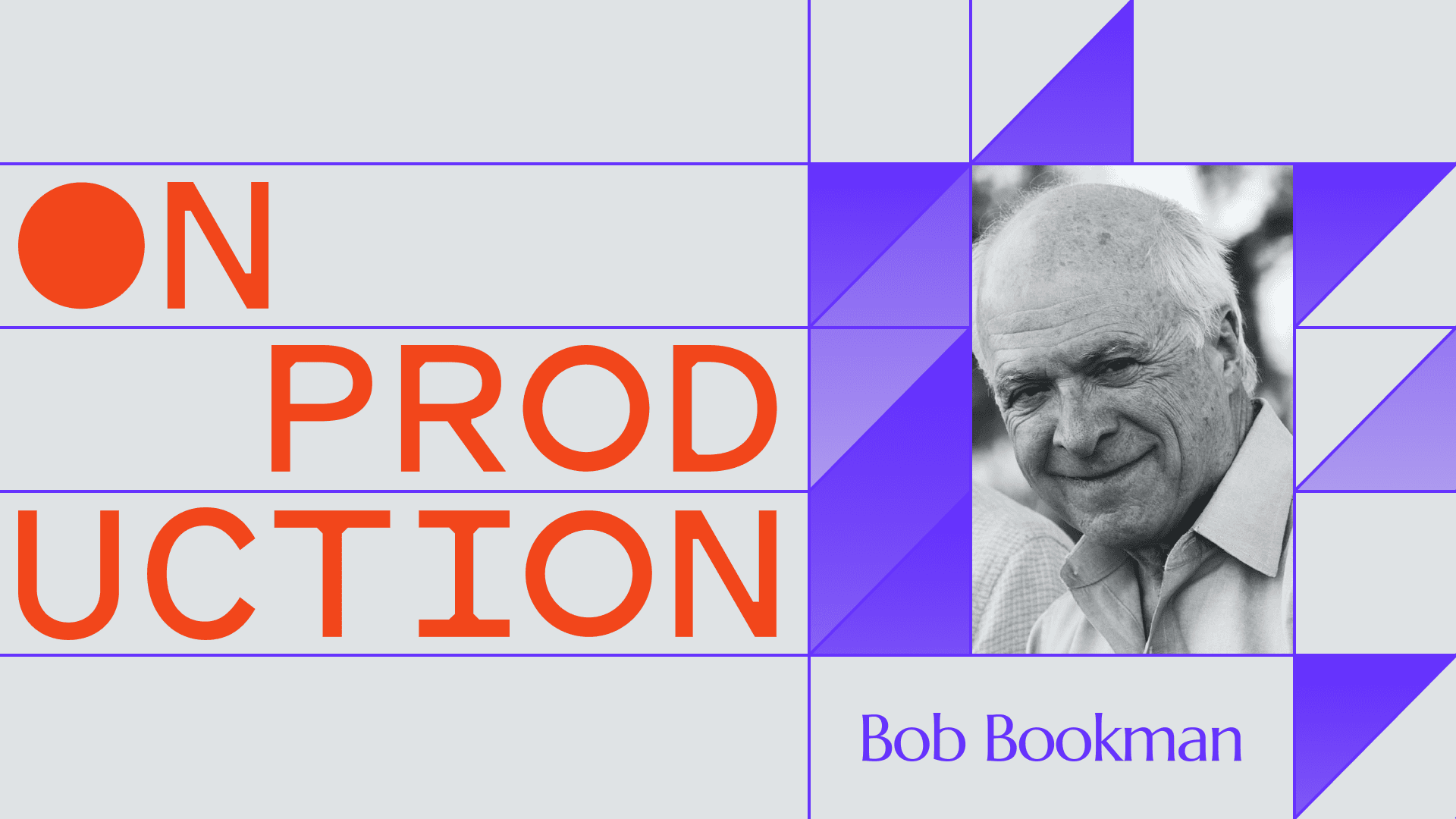
What It Takes to Turn a Bestseller into a Box Office Hit with Bob Bookman
We are joined by legendary literary agent, producer, and manager Bob Bookman, whose career has spanned over five decades at the intersection of publishing and film. From discovering the source material for Jurassic Park and The Silence of the Lambs to helping bring A Beautiful Mind to screen, Bob has been instrumental in shaping how great writing finds its way into cinema.
In this conversation, Bob reflects on how he identifies truly cinematic material, what makes an adaptation viable, and how the process of getting a film made has evolved—from pre-streaming theatrical logic to today's algorithm-driven systems. He shares stories behind major projects, including the 25-year journey to produce The Burial and how A Complete Unknown came together with Timothée Chalamet and Searchlight. He also breaks down the complexity of rights deals, why strong material isn’t always easy to adapt.
Whether you’re a producer, manager, agent, or simply someone navigating the shifting ecosystem of development and IP, this episode offers a candid, detailed look at what it really means to bring a story from the page to the screen.
Latest episodes
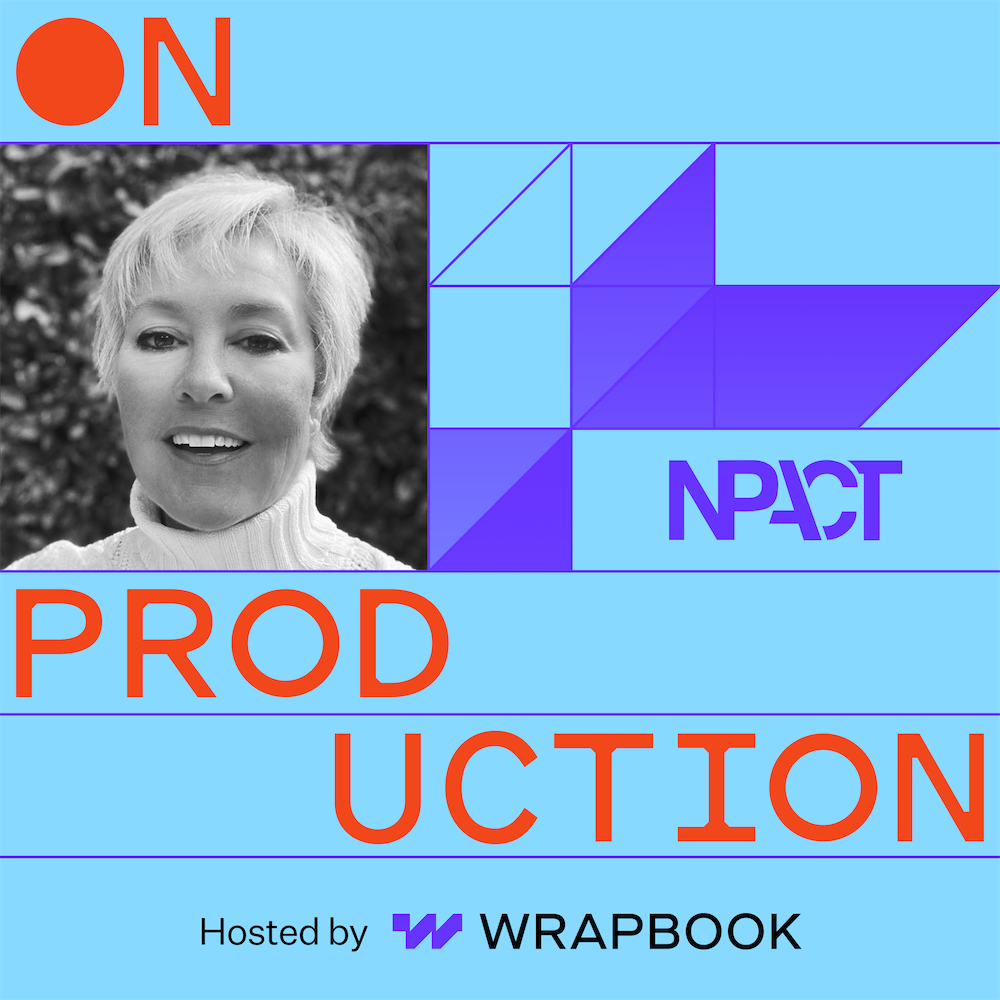
The New Reality of Reality Television with Michelle Van Kempen

Why Film Editing Is Emotional Work with Viridiana Lieberman

What It Takes to Turn a Bestseller into a Box Office Hit with Bob Bookman

The Producer’s Role in a Changing Film Economy with Tom Butterfield
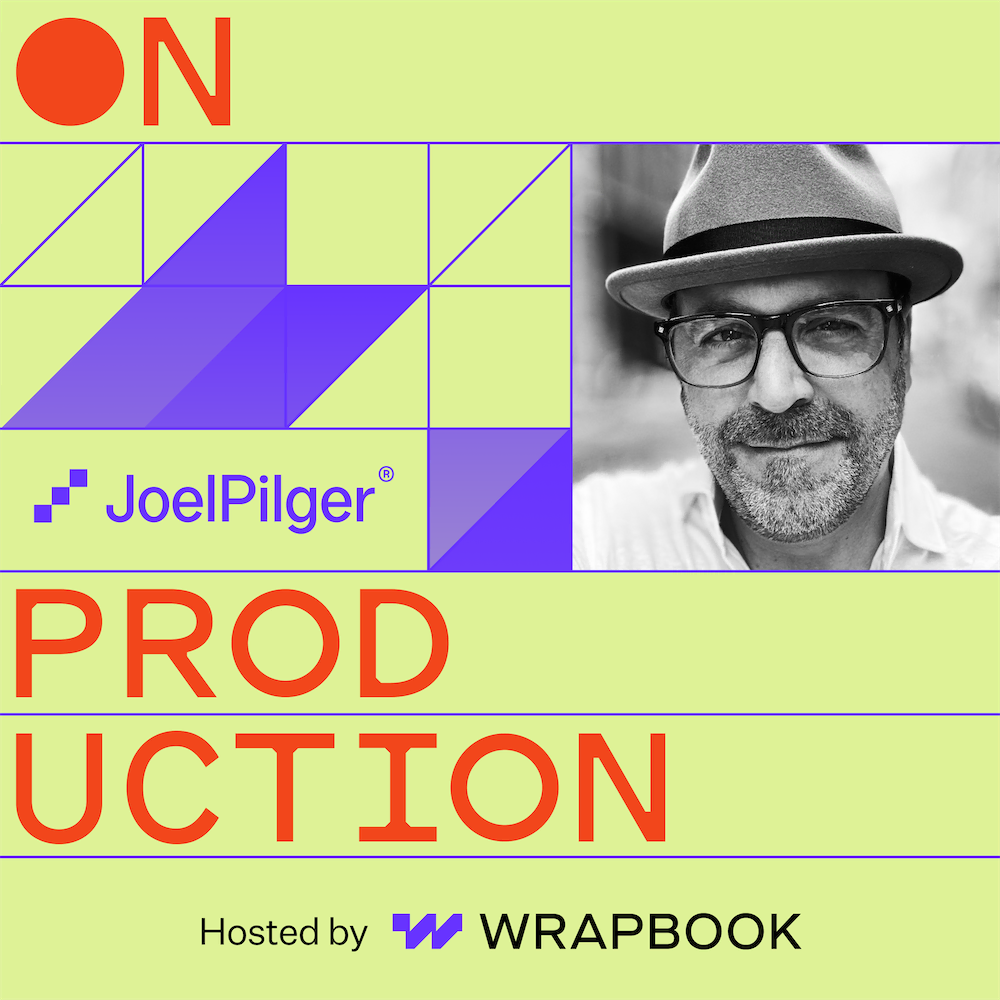
Future-Proofing Your Studio in a New Era of Production with Joel Pilger

Filming in Wisconsin: What the New Incentives Mean for You

Film Distribution in the Age of AI with Tara Hein-Phillips

Tech-Driven Payroll for a 24/7 Industry with Steven Fishman

Why Eli Roth Says Dream Eater Is One of the Scariest Films of the Year
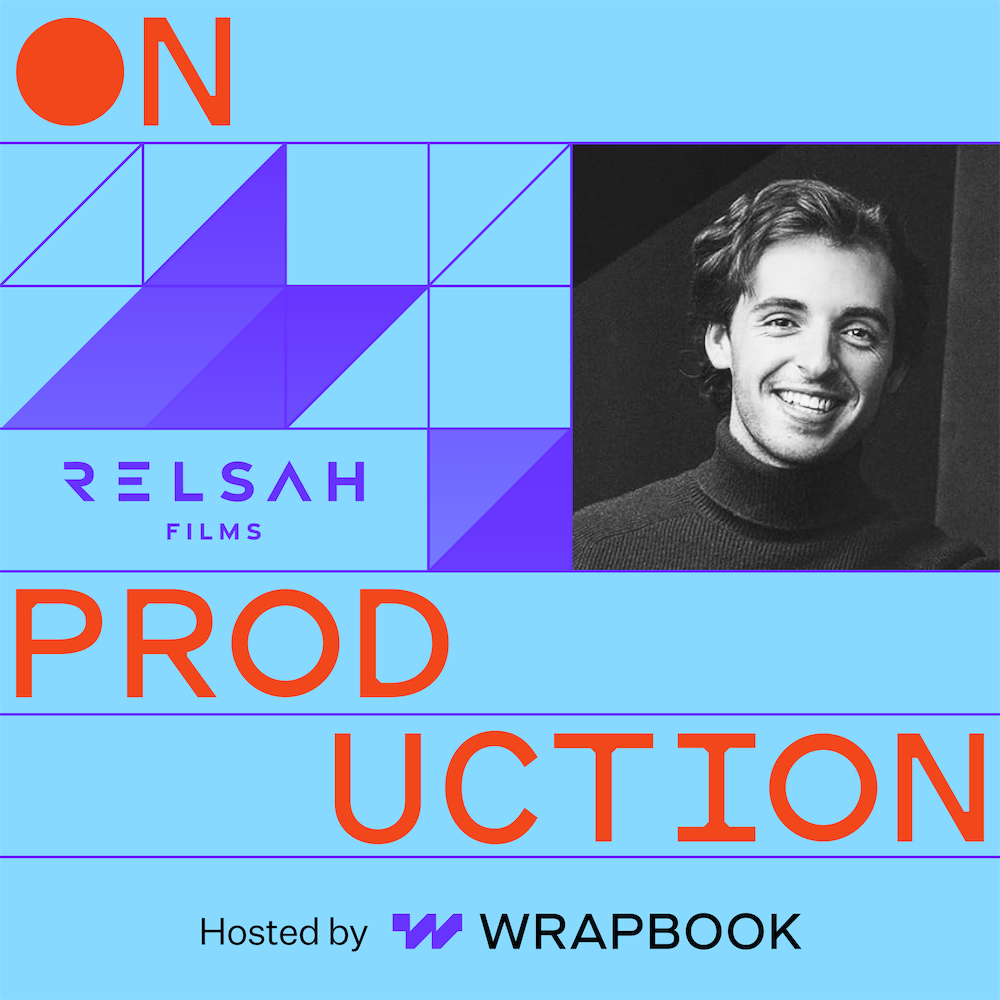
Shooting an Indie Movie in Open Water with Elliott Hasler
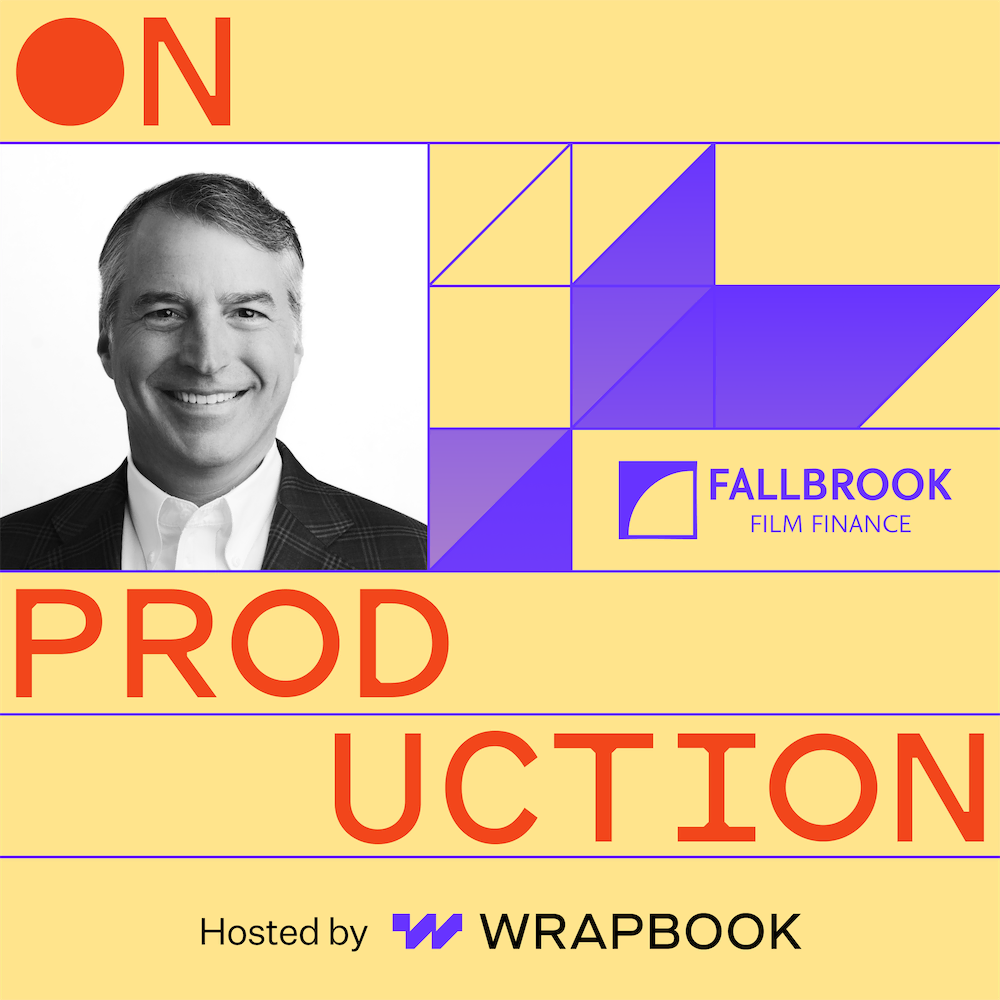
Can Tariffs Keep Film Jobs in the U.S.? with Will French
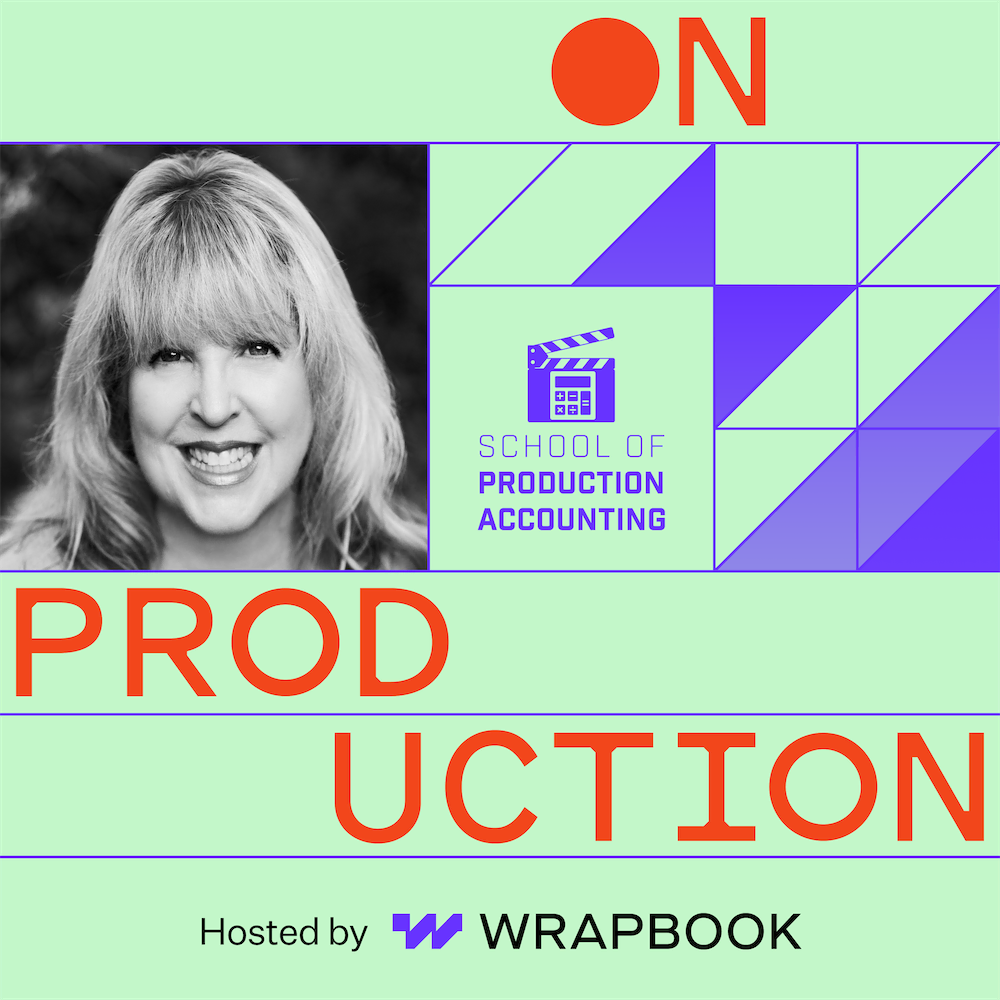
Union Rules, Rates, and Roadblocks with Ida Lee Henderson
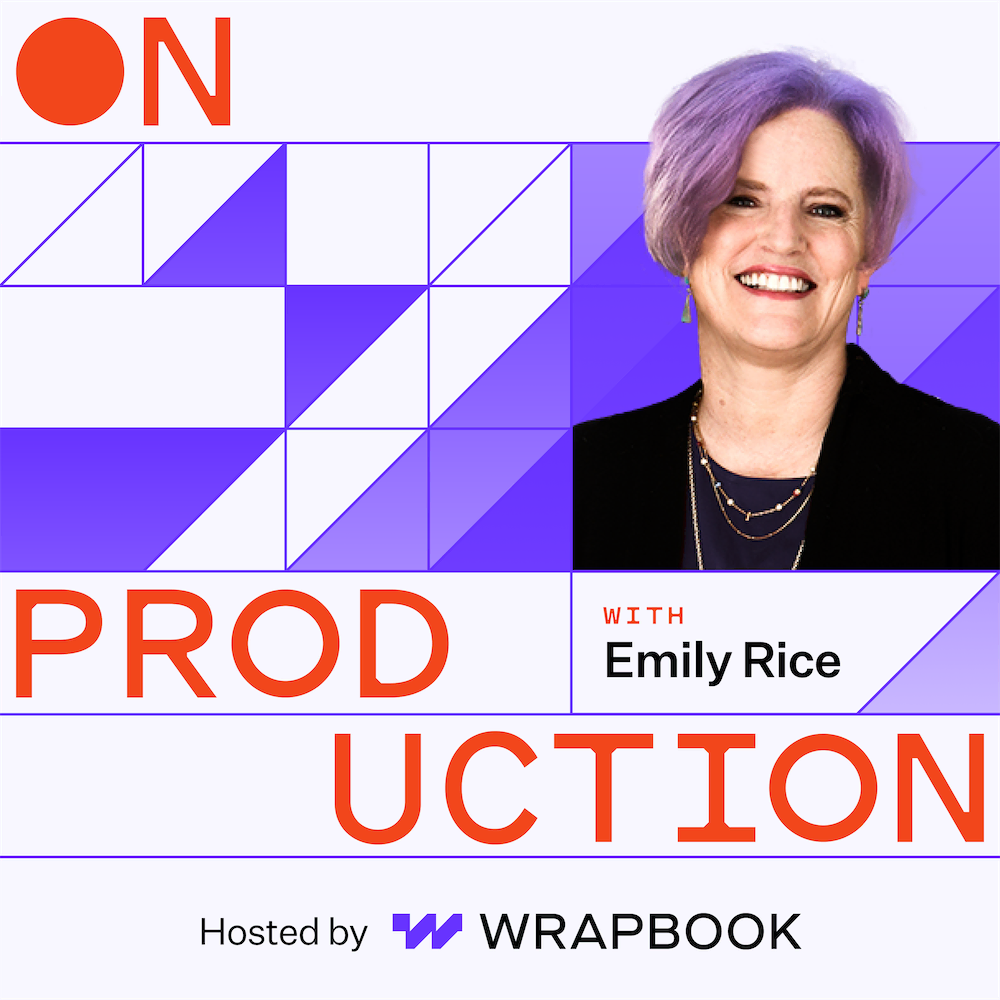
Behind the Scenes of Payroll Accounting
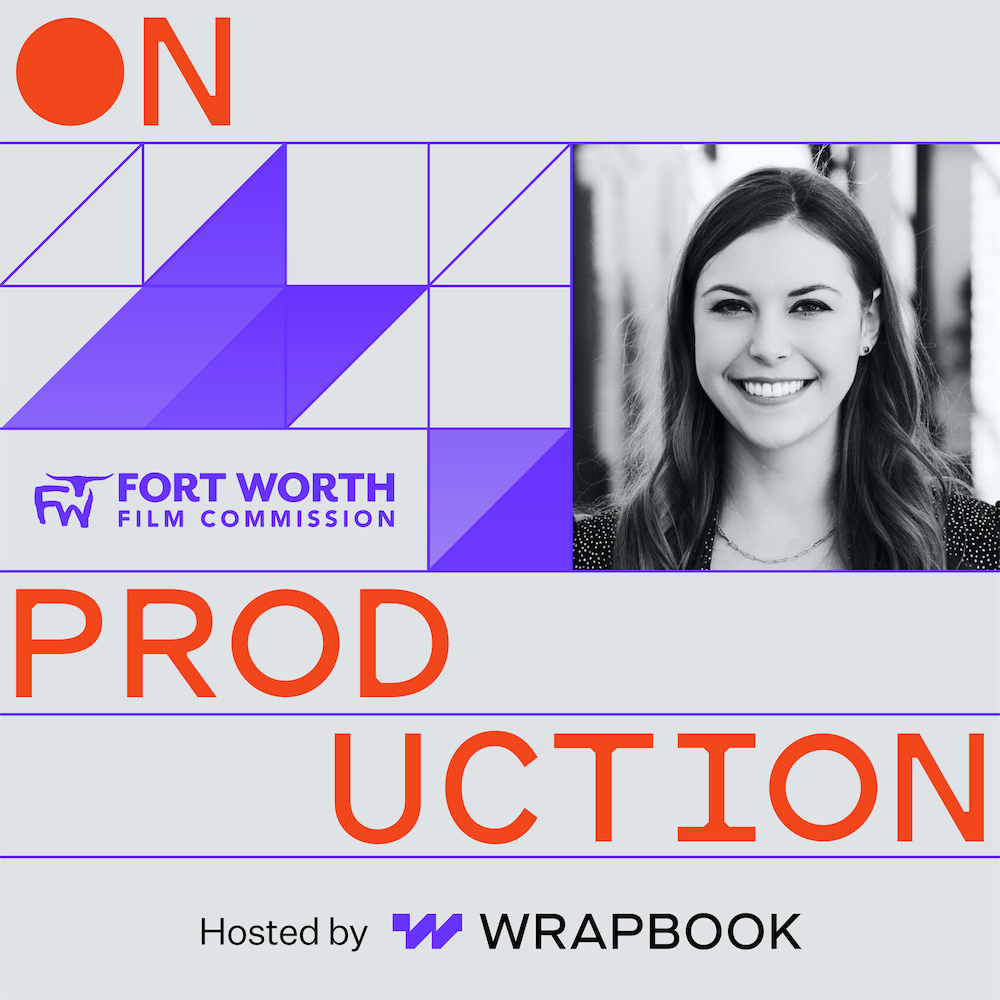
What Producers Should Know About Filming in Fort Worth with Taylor Hardy

How Horror Movies Are Made with Joe Begos

Generative AI in Modern Game Design with Elliot Wolf
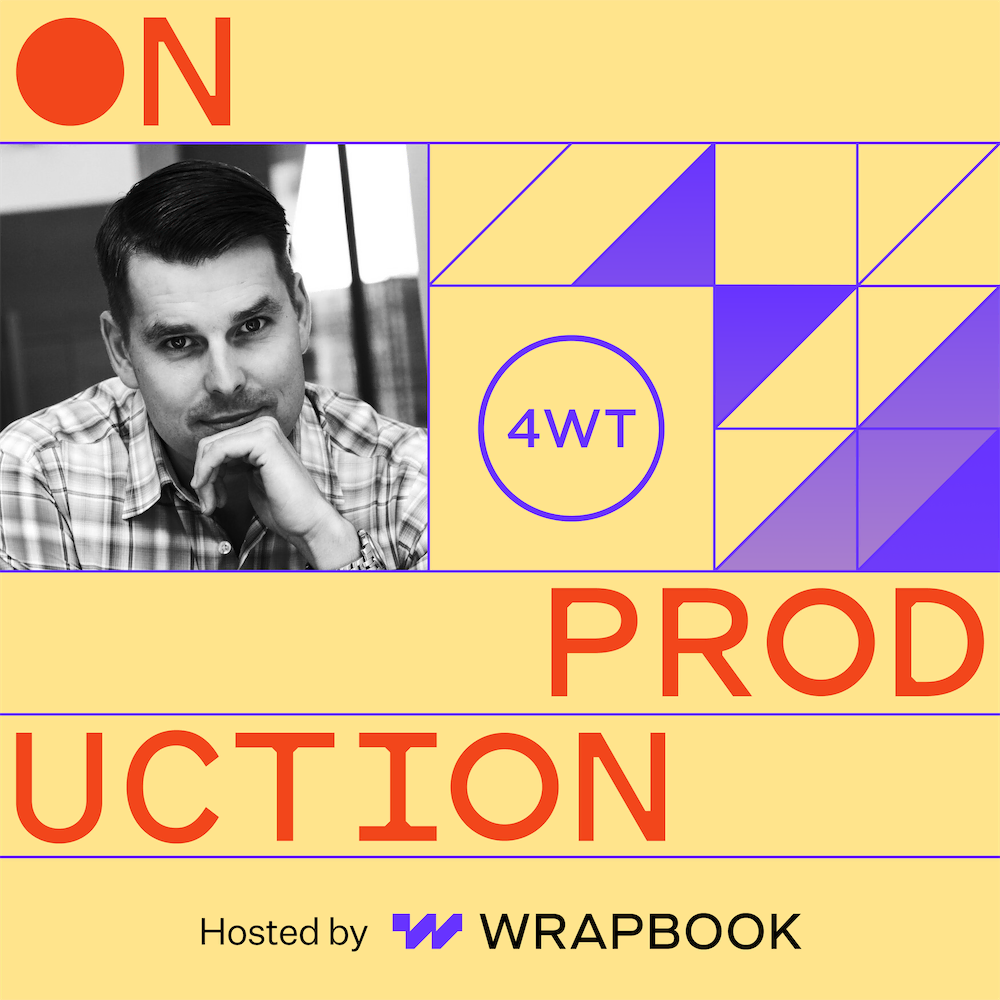
Inside the Modern Producer’s Toolkit with John Trefry

What Makes a TV Format Work with Clara Plestis

How Cloud Tech Is Changing the Way We Make Movies with Hugh Calveley

What Filmmakers Need to Know About Modern Distribution with Bonnie Bruderer

Building Better Tools for the Writer’s Room with Josh Kline

Tech that Finds the Shot You Forgot with Lucas Igel

What a 100% Tariff Could Mean for Movies with Will French

Delivering the Final Cut with Jijo Reed

Crowdfunding Strategy That Actually Works with Emily Best

The Business of Global Productions with Cary Woodworth

The Power of Authenticity and Vulnerability with Kristen V. Carter

From Tax Incentives to Stunning Locations: Why West Virginia is Ready for Your Next Shoot

How Fans Can Help Fund the Next Big Indie Film with Marc Iserlis

Stories for Social Impact with Tony Gapastione

The Horror Boom: Breaking Down the Genre’s Biggest Trends with Stephen Follows

How Tech is Transforming Production Workflows with Herman Phillips

Reel to Real: Filmmaking in the Upper Midwest with Shari Marshik

Smart Tools for the Modern Filmmaker with Luke DeBoer

Budgeting Smarter, Not Harder with Jens Jacob

Building the Perfect Writers’ Room with Jon Stahl

The Future is Green: A Guide to Sustainable Film Sets with Max Hermans

Modernizing Script Workflows with Steve Vitolo

Revolutionizing Production Workflows with Rob Weidner

Screenwriting in the Age of Tech with Guy Goldstein

Mastering Media Strategy with Steve Caplan

Georja Skinner on Hawaii’s Film Resurgence

Inside Nevada’s Blockbuster Potential with Kim Spurgeon

An Insider’s Guide to Production Insurance with Adam Darragh

Oregon on Screen: Tim Williams’ Spotlight on the State’s Cinematic Evolution

The Business of Blockbusters: Peter Klass Breaks Down Entertainment Finance

Emily Rice’s The List & New Accounting Community

The Art of the Cut: Inside the World of Film Editing with Lucas Harger

The Power of Collaboration: Wrigley Media Group’s Approach to Filmmaking Partnerships

The Director’s Chair: Pablo Feldman and Sophia Sabella on their Journey towards ‘Edge of Everything’

How Mid-Form Content is Redefining Storytelling with Georgia Rippin

On Location: Exploring North Carolina’s Cinematic Charm with Guy Gaster

Inside Unscripted TV: Nicole Walberg’s Reflections on Making Reality TV

Mastering the Art of Production Management with Tony Low

From Music to Movies: Antonio Pontarelli’s Multifaceted Career

The Art of Commercial Productions: Insights from Five to Sixty

Film, Finance, and Future: V Gordon’s Perspective on Production Accounting

Colorado Calling: Inside the State’s Film Commission

Nathan Wakefield’s Insights into Production Finance for Reality TV

Aaron Gordon on Optic Sky: Pioneering AR/VR in Modern Production

Demystifying Film Tax Credits: A Conversation with Will French

Pioneering the Future of Production Accounting with Wrapbook

A Leap in Production Accounting: Liz Blunnie Shares Wrapbook’s Latest

Inside “Daruma”: A Real Take on Disability in Film

Producer’s Playbook: Gabe Godoi’s Tips on Building a Talented Crew

Miranda Bailey on “The Squid and the Whale” and Indie TV

Blending Tech and Tradition with Marc Longberg

Shant Joshi: Championing BIPOC and Queer Stories

Airforce to Auteur: David Lawson Jr. Charts a Unique Course in Film

Financing Films & TV: A Masterclass with David Offenberg

Cracking the Code of Film Law: Mark Litwak on Hollywood’s Legal Landscape

Introducing Wrapbook’s Film Incentive Center

Island Insights: Navigating Commercial Filming in Hawaii

Small Town, Massive Impact: The Economic Influence of “Home Town” in Mississippi

Unlocking Hollywood: Chuck Braverman’s Tips for a Lasting Legacy

From Punk Shows to Policy: Event Insurance for the Pros with Nichole Jensen

From “Batman Begins” to Indie Hits: Milan Chakraborty on Filmmaking

How Film Commissions Shape Our On-Screen Stories

The Art of Realness: Crafting Authentic Stories in Reality Television

From Punk Rock to Professor: Kevin Lyman’s Evolution in Music Events

Smartypants Talks Producing Their First Oscar Nom
Running payroll all the time?
If you’re running multiple productions in a year or processing a large amount of payroll, reach out to our expert sales team to discuss alternative pricing options.


